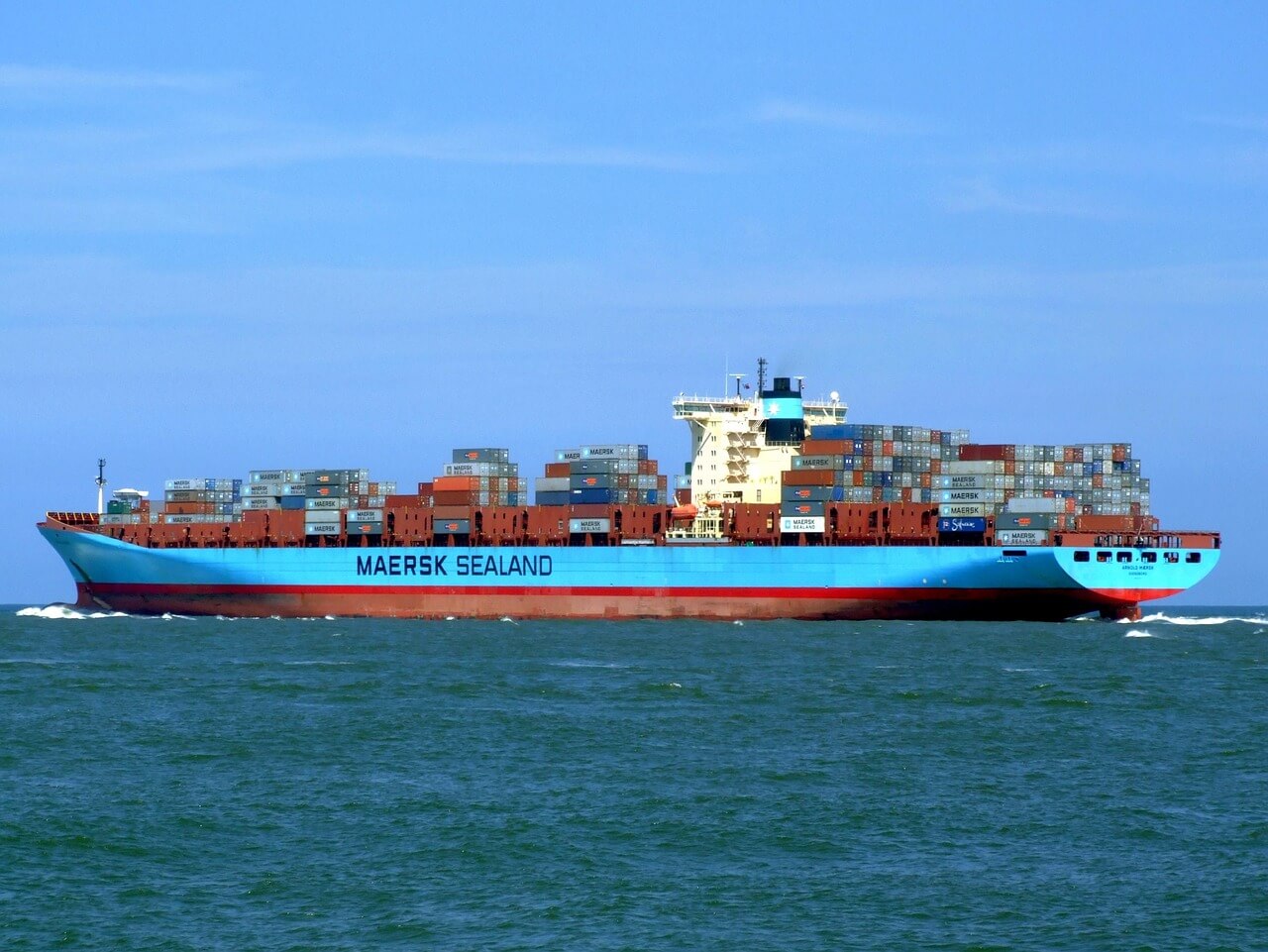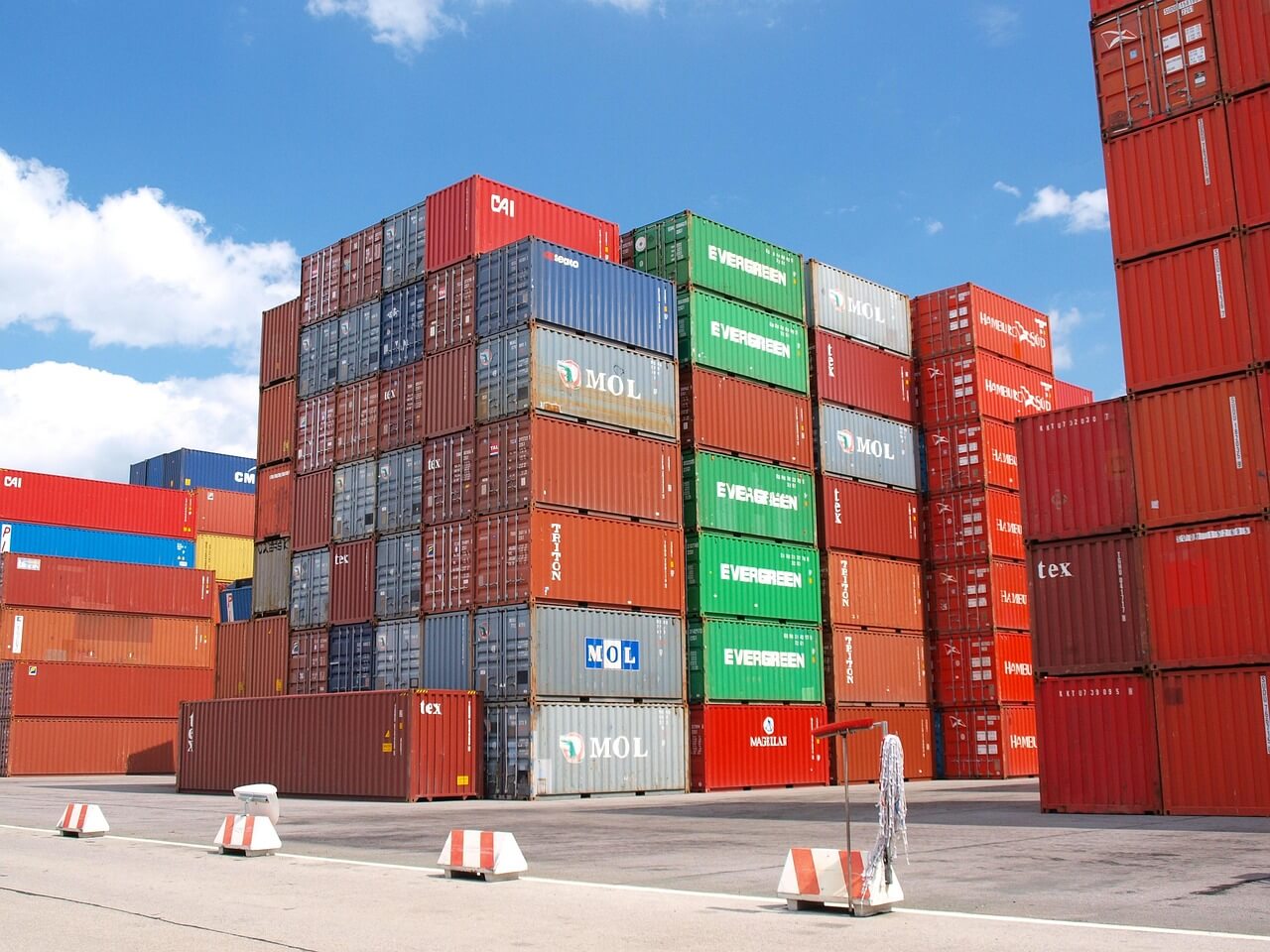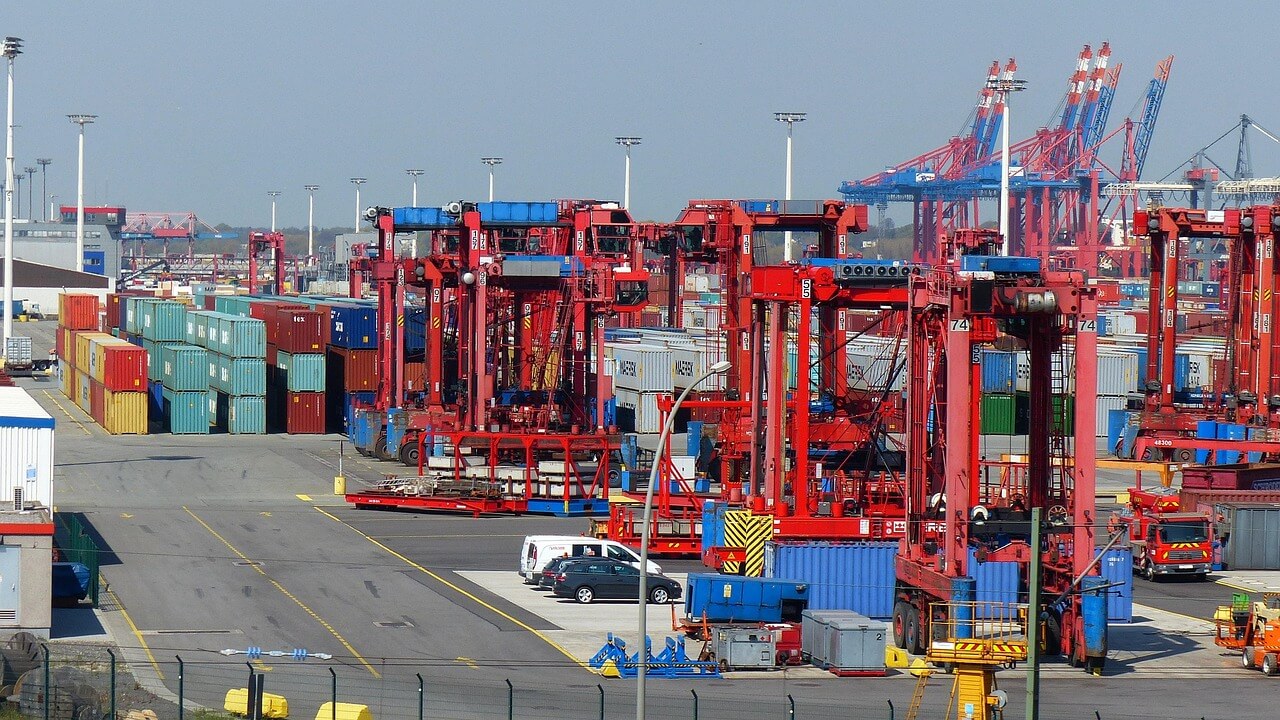
27
Apr
Tanzania freight forwarding import and export, negotiation strategy for express shipping fees
Freight Forwarding Negotiation Strategies in Tanzania: Import and Export Logistics Cost Talks
In the realm of international trade, Tanzania offers a pivotal gateway for both import and export activities. As a freight forwarder, negotiations on shipping costs and speed of delivery are paramount to ensure cost-effectiveness and smooth logistics flow. Here are some English-language negotiation strategies for effective import and export freight forwarding in Tanzania:
1. Market Research and Competitive Analysis
Conduct thorough research on market rates, transportation options, and prevailing freight forwarder costs in Tanzania. Identify competitors in the market and assess their services, prices, and market position to determine the most competitive pricing structure. This research enables you to negotiate with confidence, knowing the market conditions and the average costs of services.
2. Building Strong Relationships with Shipping Lines and Carriers
Develop strong relationships with shipping lines and carriers operating in Tanzania. These relationships can provide you with preferential rates and faster delivery times. Building trust with these partners allows you to negotiate more efficiently on terms like freight volume discounts, express delivery options, and additional services like customs clearance.
3. Understanding Contract Terms and Conditions
Familiarize yourself with the terms and conditions of the contract before negotiations begin. This knowledge enables you to identify areas where cost savings can be made without compromising service quality. Negotiate specific terms like handling fees, insurance costs, storage charges, and other hidden costs that may be included in the contract.
4. Leverage Volume for Negotiations
If you are handling a large volume of goods, leverage this advantage to negotiate better rates. Use the volume as a bargaining tool to negotiate discounts on freight costs or request faster delivery times at no additional cost. Shipping companies often offer incentives to retain larger volumes of business, so take advantage of these opportunities.
5. Expedited Delivery Negotiations
When requesting expedited delivery, ensure you have a clear understanding of the costs associated with this service. Negotiate for preferential pricing on express shipments while ensuring that the quality of service remains high. Consider offering alternate payment terms or incentives to encourage faster delivery times without breaking your budget.
6. Clear Communication
Ensure clear communication with your suppliers and customers throughout the negotiation process. This transparency fosters trust and builds a foundation for future business relationships. Communicate your needs effectively to achieve the best possible outcome for both parties involved in the transaction.
In conclusion, effective negotiation strategies are essential for successful freight forwarding in Tanzania. By conducting market research, building relationships with shipping partners, understanding contract terms, leveraging volume advantages, negotiating expedited delivery options, and ensuring clear communication, you can achieve cost-effective import and export logistics while maintaining high-quality service standards.
In the realm of international trade, Tanzania offers a pivotal gateway for both import and export activities. As a freight forwarder, negotiations on shipping costs and speed of delivery are paramount to ensure cost-effectiveness and smooth logistics flow. Here are some English-language negotiation strategies for effective import and export freight forwarding in Tanzania:
1. Market Research and Competitive Analysis
Conduct thorough research on market rates, transportation options, and prevailing freight forwarder costs in Tanzania. Identify competitors in the market and assess their services, prices, and market position to determine the most competitive pricing structure. This research enables you to negotiate with confidence, knowing the market conditions and the average costs of services.
2. Building Strong Relationships with Shipping Lines and Carriers
Develop strong relationships with shipping lines and carriers operating in Tanzania. These relationships can provide you with preferential rates and faster delivery times. Building trust with these partners allows you to negotiate more efficiently on terms like freight volume discounts, express delivery options, and additional services like customs clearance.
3. Understanding Contract Terms and Conditions
Familiarize yourself with the terms and conditions of the contract before negotiations begin. This knowledge enables you to identify areas where cost savings can be made without compromising service quality. Negotiate specific terms like handling fees, insurance costs, storage charges, and other hidden costs that may be included in the contract.
4. Leverage Volume for Negotiations
If you are handling a large volume of goods, leverage this advantage to negotiate better rates. Use the volume as a bargaining tool to negotiate discounts on freight costs or request faster delivery times at no additional cost. Shipping companies often offer incentives to retain larger volumes of business, so take advantage of these opportunities.
5. Expedited Delivery Negotiations
When requesting expedited delivery, ensure you have a clear understanding of the costs associated with this service. Negotiate for preferential pricing on express shipments while ensuring that the quality of service remains high. Consider offering alternate payment terms or incentives to encourage faster delivery times without breaking your budget.
6. Clear Communication
Ensure clear communication with your suppliers and customers throughout the negotiation process. This transparency fosters trust and builds a foundation for future business relationships. Communicate your needs effectively to achieve the best possible outcome for both parties involved in the transaction.
In conclusion, effective negotiation strategies are essential for successful freight forwarding in Tanzania. By conducting market research, building relationships with shipping partners, understanding contract terms, leveraging volume advantages, negotiating expedited delivery options, and ensuring clear communication, you can achieve cost-effective import and export logistics while maintaining high-quality service standards.
LEAVE YOUR COMMENT
categories
recentpost
-
 How can freight forwarders achieve efficient logistics and shipping from China to Tanzania?Apr 30,2025
How can freight forwarders achieve efficient logistics and shipping from China to Tanzania?Apr 30,2025 -
 What are the guarantee measures for transportation and transaction services from China to the UnitedApr 30,2025
What are the guarantee measures for transportation and transaction services from China to the UnitedApr 30,2025 -
 How is the international freight delivery service for transporting goods to Saudi Arabia?Apr 30,2025
How is the international freight delivery service for transporting goods to Saudi Arabia?Apr 30,2025 -
 What is the delivery time for international freight from China to Kenya?Apr 30,2025
What is the delivery time for international freight from China to Kenya?Apr 30,2025 -
 What is the customs clearance process for global land transportation from China to the United Arab EApr 30,2025
What is the customs clearance process for global land transportation from China to the United Arab EApr 30,2025 -
 Shipping Guide from China to Qatar: How to Calculate LCL Shipping Cost?Apr 30,2025
Shipping Guide from China to Qatar: How to Calculate LCL Shipping Cost?Apr 30,2025

